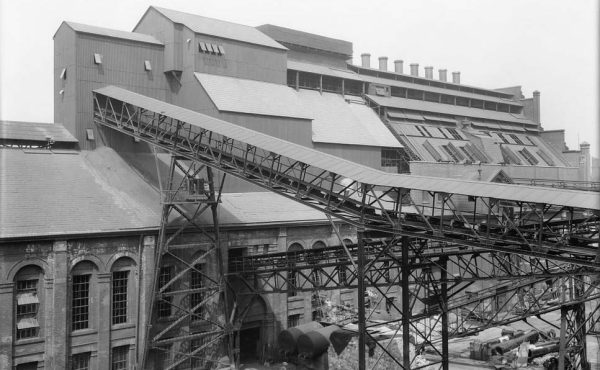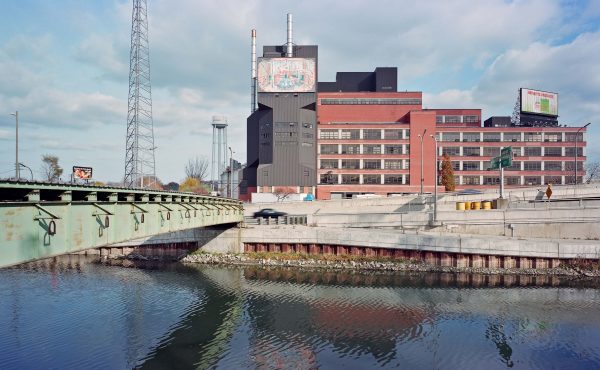![]()
Back in February, Spacing writers posted a series of explorations and ruminations based on reading Michael Redhill’s Toronto-based novel Consolation, as part of the Keep Toronto Reading “One Book” program.
Before I retire the book to the literary old-age home of my bookshelf, I want to capture a few final thoughts about it.
To me, Consolation was a book whose parts were greater than the sum of its whole. I didn’t find it all that satisfying as a complete novel, but there were many individual passages that I found moving and insightful. As well, I found that some of the themes explored in the book really resonated with my own experience of living in the city.
Here are a few of the passages that I marked as being particularly insightful to me. This one is remarkably true if you’ve lived somewhere for a while:
Simply by living in a place the parts of it become invested with the power to memorialize pleasure or pain. He’d lived in Toronto since high school — only fourteen years, less than half his life — but the entire city was flecked with significances. (130)
Different locations in the city evoke not just memories of events, but the more powerful and persistent memory of emotions, good or bad, and become part of a personalized geography of the city unique to each of us. Our own personal “bad” or “good” areas intersect with and modify those of the city.
Here’s another insight that rang true:
Howard Rosen’s life was emblematic of a certain kind of city living: boxed in by the many, but basically alone. (161)
It’s a longstanding theme of the city — the paradox that one can be more isolated by being in physical proximity to so many people. It can be a source of desperate loneliness — but it can also be one of the attractions of city living, to be free of the scrutiny of others, and to choose whatever amount and kind of community one wishes.
Here’s a theme that runs throughout the book — the meaning and importance, or unimportance, of past and future in the city:
“It used to anger David that people were ignorant of how the place they spent their lives in grew,” she said. “He would say ‘Neglect of the past is a form of despair.’ I bet the people who started all these places didn’t give a shit about the history they were creating. They just came to make money and that’s the way it’s been ever since.” (172-173)
As someone who is fascinated by and loves the past, this paradox is one that I often think about. Many things that we value now for their history would not have been created in the first place if the same kind of modern values had been in force when they were built. Think, for example, of the Brickworks in the Don Valley. We would never allow an industrial site that planned to gouge a huge hole out of the earth into one of our fragile ravines these days — but we celebrate and preserve the result of having done so in the past. Both these actions are appropriate for their time, but the paradox is a good thing to mull over in order to keep our appreciation of the past from descending into a too-easy nostalgia.
Tomorrow, I will look at one last theme from Consolation: photographing the city.
photo by Sam Javanrouh




